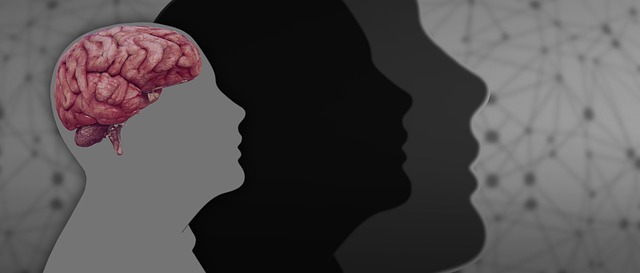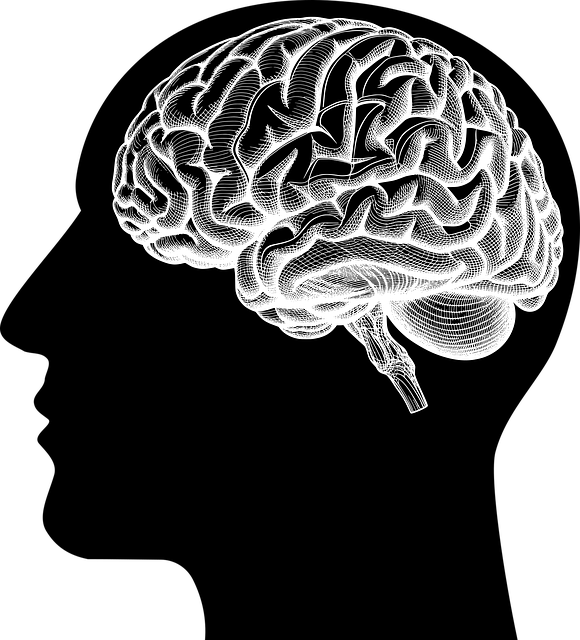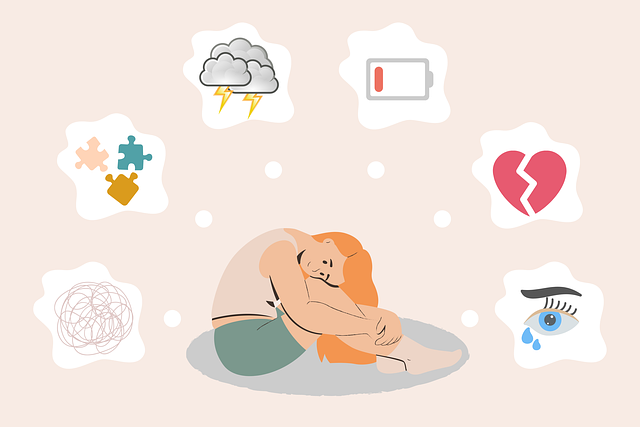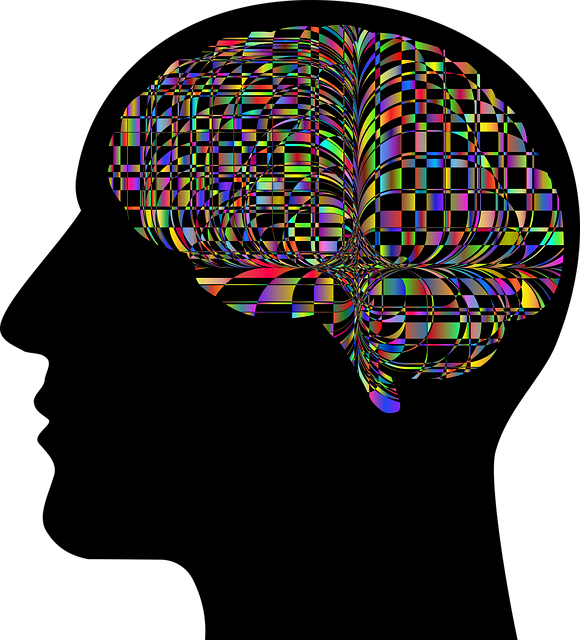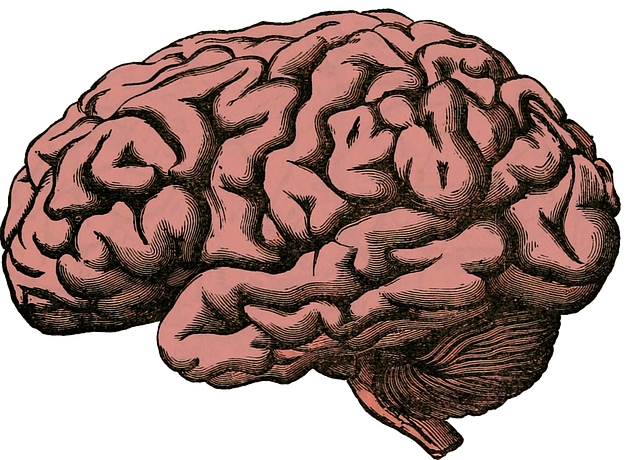Bereavement is a highly personal journey that requires tailored support. Effective therapy for adults focuses on creating safe spaces for emotional expression, teaching coping strategies, and promoting mental wellness. Techniques like CBT and mindfulness help challenge negative thoughts and improve present-moment awareness. Public awareness campaigns destigmatize grief, encouraging support-seeking behaviors. Emotional regulation strategies, such as breathing exercises and journaling, are explored through podcasts, fostering resilience after loss. Integrating individual therapy with community education equips adults with tools for effective pain management and personal growth.
Loss, grief, and bereavement counseling are essential components of an individual’s journey through adult pain management. This complex process involves understanding and coping with profound emotional and physical sensations after a significant loss. In this article, we explore the intricate relationship between these concepts and delve into effective therapies designed to facilitate healing and growth. By providing strategies for navigating adult pain management, we aim to illuminate the path towards resilience and restoration.
- Understanding Loss, Grief, and Bereavement: A Complex Journey
- The Role of Counseling in Navigating Adult Pain Management
- Effective Therapies and Strategies for Healing and Growth
Understanding Loss, Grief, and Bereavement: A Complex Journey

Understanding loss, grief, and bereavement is a complex journey that involves processing deep emotions and adjusting to life after the death of a loved one. It’s a highly personal process, unique to each individual, shaped by their relationship with the deceased, cultural background, and coping mechanisms. While some people may experience intense grief that lingers for months or years, others might navigate this process more quickly.
Therapy for adults plays a vital role in managing pain associated with loss and grief. Mental wellness coaching programs and healthcare provider training focused on cultural sensitivity in mental healthcare practice can further support individuals by offering guidance tailored to their specific needs. Incorporating these resources into care plans ensures that everyone, regardless of their background or coping style, receives the necessary tools to heal and move forward in a healthy way. This holistic approach to bereavement acknowledges the profound impact loss has on mental health and emphasizes the importance of compassionate, culturally competent support systems.
The Role of Counseling in Navigating Adult Pain Management

Navigating adult pain management is a complex journey, often fraught with emotional challenges that can be difficult to overcome alone. This is where therapy for adults’ pain management steps in as a crucial tool. Counseling provides a safe and supportive space for individuals to process their grief, navigate their emotions, and develop healthy coping mechanisms. Through professional guidance, clients can explore the underlying causes of their pain, enhance their self-esteem, and learn effective strategies to manage stress.
The role of counseling extends beyond immediate bereavement, offering long-term benefits in terms of improved emotional resilience and overall well-being. Public awareness campaigns development and stress management workshops organization are also integral parts of this process, as they educate communities on recognizing and addressing pain signals early on. By combining individual therapy with these collective efforts, adults can better equip themselves to manage their pain effectively and move towards healing and personal growth.
Effective Therapies and Strategies for Healing and Growth

Healing from loss, grief, and bereavement is a complex process that requires tailored approaches. Effective therapies for adults struggling with these issues focus on providing safe spaces to express emotions freely, fostering emotional regulation skills, and promoting mental wellness. Techniques such as cognitive-behavioral therapy (CBT) help individuals challenge negative thought patterns associated with loss, while mindfulness practices teach present-moment awareness, enabling better coping mechanisms.
In addition to traditional therapies, public awareness campaigns play a crucial role in destigmatizing grief and encouraging support-seeking behaviors. Emotional regulation strategies, often explored through mental wellness podcast series production, offer valuable tools for managing intense feelings. These include techniques like deep breathing exercises, journaling, and engaging in creative outlets, all contributing to the development of resilience and growth following a significant loss.
Loss, grief, and bereavement counseling play a pivotal role in helping adults manage and overcome profound emotional pain. By understanding the unique complexities of these journeys, therapy enables individuals to navigate their feelings effectively. Through evidence-based strategies and compassionate support, counselors foster healing and personal growth. This article has explored these processes, highlighting the importance of counseling in adult pain management, offering valuable insights into effective therapies that promote resilience and well-being in the face of loss.
